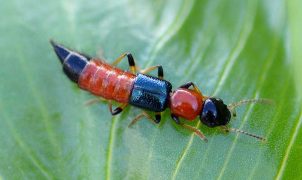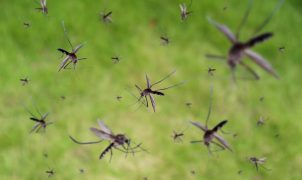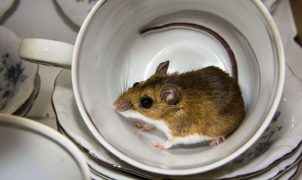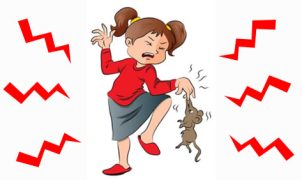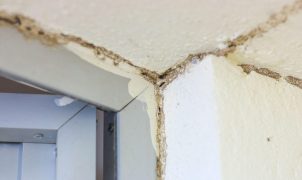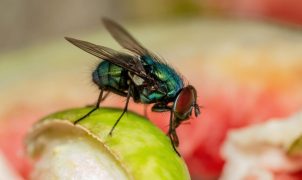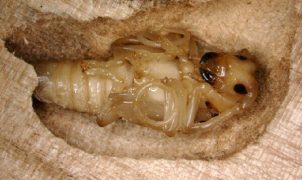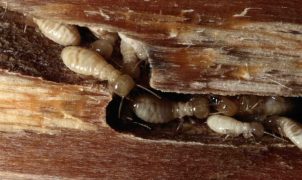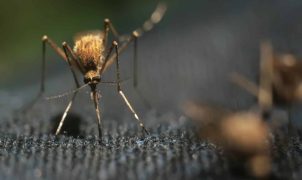
The world is at a pivotal juncture, where environmental preservation and sustainable practices have become paramount for the well-being of our planet and future generations. One crucial area that demands attention is pest control. Traditional pest control methods often involve the heavy use of chemicals, which can have detrimental effects on both the environment and human health. However, there is a growing shift towards adopting eco-friendly pest control techniques that strike a balance between eradicating pests and preserving our delicate ecosystems.
The Ecological Impact of Conventional Pest Control
Conventional pest control methods, while effective in managing pest populations, often come at a steep ecological cost. Pesticides used in agriculture and residential settings can leach into soil and water bodies, contaminating ecosystems and endangering non-target species. This disruption can lead to imbalances in local food chains, reducing biodiversity and causing unintended ripple effects throughout the environment.
Eco-Friendly Pest Control Approaches
- Biological Control: One of the cornerstones of eco-friendly pest management, biological control involves introducing natural predators, parasites, or pathogens to control pest populations. This method not only offers an effective solution but also maintains ecological balance by allowing nature to self-regulate.
- Integrated Pest Management (IPM): IPM is a holistic approach that blends various strategies, including cultural, mechanical, and chemical methods. The emphasis lies on prevention and monitoring, minimizing the use of chemicals and promoting the health of ecosystems.
- Natural Repellents: Eco-friendly pest control techniques often leverage the repellent properties of natural substances like neem oil, garlic, and diatomaceous earth. These substances discourage pests without harming beneficial organisms or contaminating the environment.
- Traps and Barriers: Mechanical methods such as traps and barriers provide targeted pest control without resorting to chemicals. These techniques are particularly effective against specific pests like rodents and crawling insects.
Benefits of Eco-Friendly Pest Control
- Preservation of Biodiversity: By avoiding the widespread use of harmful chemicals, eco-friendly pest control methods help maintain a balanced ecosystem, preserving biodiversity and safeguarding endangered species.
- Healthier Soil and Water: The reduced use of synthetic pesticides prevents soil and water contamination, ensuring the integrity of these vital resources for agriculture, wildlife, and human consumption.
- Improved Air Quality: Eco-friendly methods result in fewer airborne chemical residues, leading to cleaner air and reduced risks of respiratory issues for both humans and animals.
- Sustainable Agriculture: Eco-friendly pest control aligns with the principles of sustainable agriculture by minimizing negative impacts on the environment while ensuring the long-term viability of farming practices.

7 Compelling Reasons to Embrace Eco-Friendly Pest Control Techniques
1. Protects Beneficial Creatures
Eco-friendly pest control methods focus on targeting only the pests that cause harm, leaving the helpful insects untouched. This means you won’t accidentally harm the bees, butterflies, and other creatures that play important roles in pollination and maintaining the balance of nature.
2. Safer for Your Family and Pets
Traditional pest control methods often involve using strong chemicals that can pose risks to your family and pets. Eco-friendly techniques use natural ingredients that are safer for everyone living in your home, giving you peace of mind.
3. Preserves Soil and Water Quality
Chemical pesticides can seep into the soil and water, harming the environment and affecting the quality of these precious resources. Eco-friendly pest control techniques avoid this problem, keeping the soil and water clean for future generations.
4. Reduces Air Pollution
Chemical pesticides can evaporate into the air, causing air pollution that can be harmful to humans and animals. Eco-friendly methods don’t release harmful chemicals into the air, leading to better air quality for all.
5. Supports Sustainable Agriculture
Eco-friendly pest control is a big part of sustainable agriculture. By using methods that don’t harm the environment, farmers can grow crops without causing long-term damage to the land and ecosystems.
6. Lessens Harm to Non-Target Species
Traditional pest control methods can harm not only pests but also other animals that accidentally come into contact with the pesticides. Eco-friendly techniques are more precise, targeting only the specific pests you want to eliminate.
7. Long-Term Solutions
Eco-friendly pest control methods often focus on long-term solutions rather than quick fixes. By addressing the root causes of pest problems, these techniques provide more sustainable results that keep pests at bay for longer periods.
Embracing eco-friendly pest control techniques isn’t just about getting rid of pests – it’s about making a positive impact on the environment and the health of your family. By choosing these methods, you’re taking a step towards a greener and more sustainable future. So, the next time you face a pest problem, consider the eco-friendly options that can help you achieve pest-free surroundings without compromising the well-being of our planet.

Overcoming Challenges in Implementing Eco-Friendly Pest Control
- Education and Awareness: A lack of awareness about eco-friendly methods and their effectiveness often poses a barrier to their adoption. Educating farmers, homeowners, and pest control professionals is key to overcoming this challenge.
- Initial Costs: Transitioning to eco-friendly pest control methods might involve higher initial costs due to the need for specialized equipment and training. However, the long-term benefits in terms of reduced chemical usage and environmental impact justify these investments.
- Resistance and Adaptation: Pests can develop resistance to both chemical and natural control methods. Constant research and innovation are necessary to stay ahead of pest adaptation and ensure the continued efficacy of eco-friendly techniques.
The Role of Government and Industry
Governments and industries have a pivotal role to play in promoting eco-friendly pest control techniques. Offering incentives, subsidies, and training programs can encourage farmers and businesses to adopt sustainable practices. Additionally, stringent regulations on pesticide use and promotion of eco-friendly alternatives can drive the shift towards a greener approach.
Embracing eco-friendly pest control techniques is not just a choice but a responsibility we owe to our planet. The undeniable benefits of preserving ecosystems, reducing pollution, and safeguarding human health underscore the urgency of this shift. By incorporating methods such as biological control, integrated pest management, and natural repellents, we can pave the way for a sustainable future where pest control harmonizes with nature rather than disrupts it. It is time to make a conscious choice, one that ensures a balanced coexistence between humanity and the environment.


